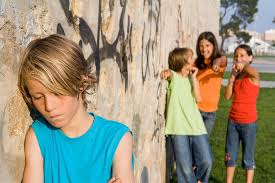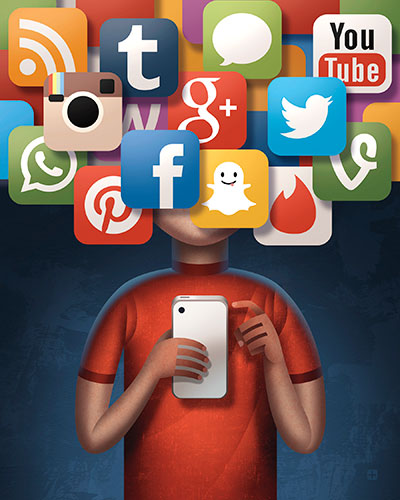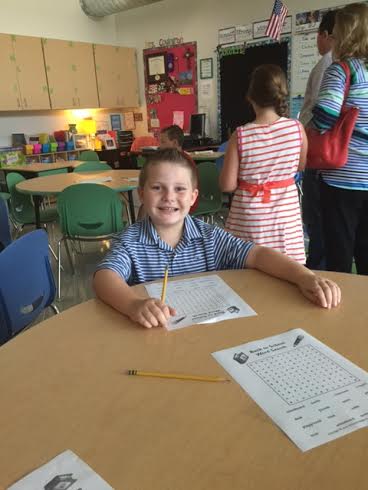At my daughter’s Middle School the girls will be taking part in the Kind Campaign, a presentation that focuses on the lasting effects of girls’ mean behavior towards one another. It begins with an assembly that will include viewing of the documentary, “Finding Kind,” as well as discussion and activities that encourage kindness and positive interactions. The assembly will be led by the Kind Campaign founders, Lauren Paul and Molly Thompson. To learn more, please visit www.kindcampaign.com.
At the same time, the boys will be seeing a presentation called Measured by Character, led by Wade White, whose son, Ryan, a former Denton ISD student, was killed in a car accident at the age of 18. Mr. White has made it his mission to present to young people about the importance of character, leaving a legacy, and how a person can positively impact others no matter his age. To find out more, you may visit www.measuredbycharacter.com.










